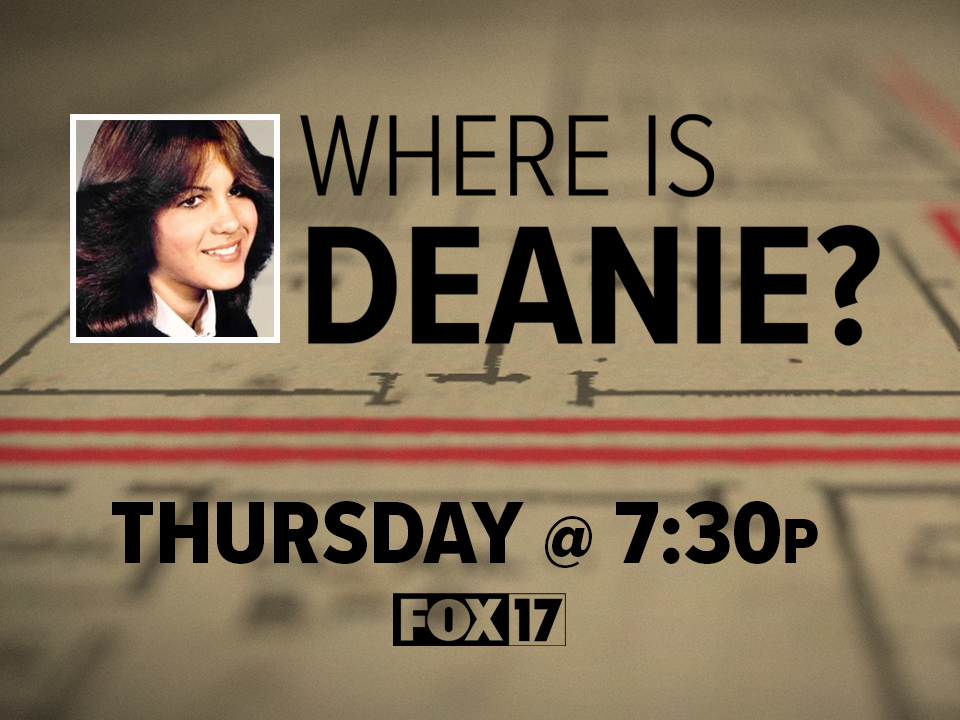(AP) — US safety regulators are investigating reports that autonomous robotaxis run by General Motors' Cruise LLC can stop too quickly or unexpectedly stop moving, potentially stranding passengers.
The National Highway Traffic Safety Administration says it opened the probe after getting three reports of Cruise autonomous vehicles braking so hard that they were hit from behind by other vehicles. At the time, robotaxis were staffed by human safety drivers.
The agency also has multiple reports of Cruise robotaxis without human safety drivers becoming immobilized in San Francisco traffic, possibly stranding passengers and blocking lanes.
The reports of immobilized autonomous vehicles came from discussions with Cruise, media reports and local authorities, NHTSA said in an investigation document posted Friday on its website.
There have been two reports of related injuries, including serious injuries to a bicyclist, according to the NHTSA crash database.
NHTSA says it will determine how often the problems happen and potential safety issues they cause. The probe, which covers an estimated 242 Cruise autonomous vehicles, could bring a recall.
A message was left early Friday seeking comment from Cruise.
NHTSA said Cruise reported the three rear-end accidents under a 2021 order requiring automated vehicle companies to notify the agency of crashes.
Reports of Cruise robotaxis becoming immobilized in traffic came from the San Francisco Municipal Transportation Agency and the San Francisco County Transportation Authority, the agency said.
Cruise vehicles may strand passengers in unsafe locations, such as travel lanes or intersections, increasing the risk to exiting passengers. And they can become obstacles to other road users, causing them to make unsafe maneuvers to avoid collisions. “The vehicles may also present a secondary safety risk, by obstructing the paths of emergency response vehicles and thereby delaying their emergency response times,” the agency said in the document.
The probe comes at an important time for Cruise, which in June started charging passengers for autonomous rides without human safety drivers in San Francisco. It’s also a critical time for the autonomous vehicle industry, with Google spinoff Waymo running a robotaxi service in the Phoenix area with plans to expand to San Francisco. Other companies also are moving toward services without human safety drivers.
San Francisco-based Cruise plans to expand the service to Phoenix and Austin, Texas. The startup owned by GM has been testing autonomous Chevrolet Bolt electric vehicles for several years.
In September Cruise revealed that it recalled 80 of its driverless vehicles for a software update after one of the cars was involved in an accident that resulted in minor injuries.
Cruise told the National Highway Traffic Safety Administration, that one of its vehicles was making an unprotected left turn at an intersection when it was hit by an oncoming vehicle. The Cruise vehicle had to be towed away from the scene, according to the regulatory filing.
GM acquired a majority stake in Cruise when it was a startup in 2016. The company invested to take 80% stake in the company last May.


